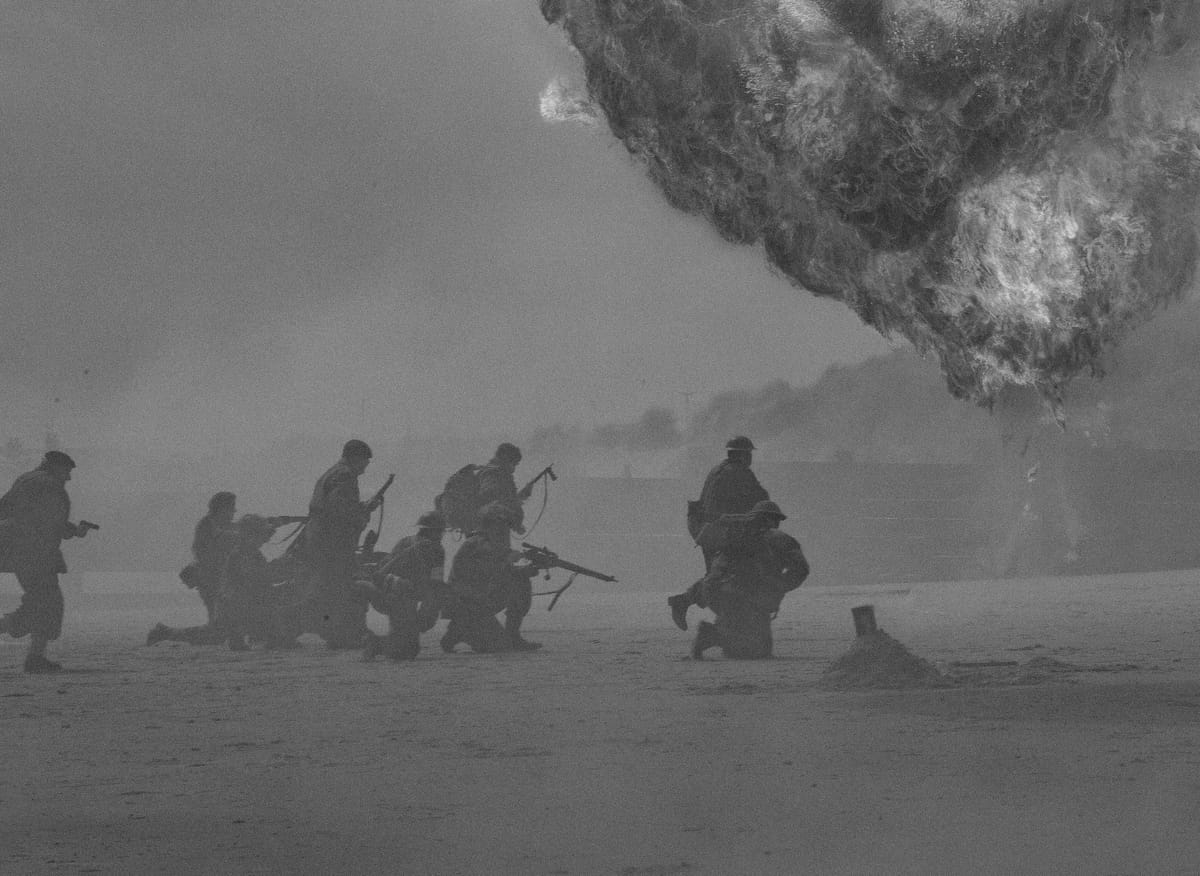Everything Is Always Getting Worse (Until It Isn't)

A few months ago, I found myself doomscrolling through X (first mistake) when I found a thread about how “everything is getting worse.” The author had assembled an impressive collection of graphs showing declining trust in institutions, rising polarization, increasing mental health issues among teens, and various other metrics of societal decay. Fair enough. The world feels pretty fucked.
The responses were what you’d expect — a mix of “this is why we’re doomed” and “I’ve given up.”
But what struck me was how familiar this all felt. Not just the content of the debate, but its *form* — the way each generation and every cohort becomes convinced they’re witnessing a unique civilizational decline.
In the 1920s, people were lamenting how radio was destroying attention spans and social cohesion. In the 1950s, television was rotting kids’ brains. In the 1980s, video games were creating a generation of violent sociopaths. Now it’s social media and smartphones.
Each time, the specific complaint changes, but the structure remains: Things Are Getting Worse, And This Time It’s Different.
Sometimes they were right. Sometimes things really were getting worse. The late Roman Republic really was decaying. The ancien régime really was collapsing. Various golden ages really did end. But — and this is crucial — these declines weren’t permanent. They were part of cycles that humans seem pathologically unable to recognize while inside them.
I think we’re missing something important by framing these as either “everything is getting better” or “everything is getting worse.” The reality looks more like a series of overlapping sine waves:
- Economic cycles (boom/bust)
- Social cohesion cycles (atomization/consolidation)
- Political cycles (centralization/decentralization)
- Cultural cycles (experimentation/standardization)
- Trust cycles (institutional faith/skepticism)
These cycles operate on different timescales and interact in complex ways. Sometimes they align to create periods that feel like universal progress or decline. But they’re never actually universal, and they’re never permanent.
Think about institutional trust. Yes, it’s declining now in many Western countries. But if you zoom out, you see this has happened before. Trust rises as institutions prove themselves, peaks as they become complacent, declines as they fail to adapt, crashes during some crisis, then begins rebuilding as new or reformed institutions emerge. The cycle takes decades, which means most people only experience one part of it in their adult lives.
This is why every generation becomes convinced they’re witnessing a unique decline. If you come of age during a trust-building phase, the subsequent decay feels like everything falling apart. If you come of age during a decay phase, the eventual rebuilding feels like an unprecedented renaissance.
The really interesting question isn’t whether things are getting better or worse — it’s why we’re so bad at recognizing these cycles while we’re in them. I have a theory about this.
Humans are very, very good at pattern recognition within certain timescales. We easily spot daily cycles (day/night), monthly cycles (moon phases), and annual cycles (seasons). We’re decent at recognizing cycles that match human lifespans (generational changes). But we’re terrible at anything longer.
This creates a bias: When we see metrics moving in one direction for longer than a human lifespan, we assume that movement is permanent rather than cyclic. We mistake waves for lines.
This has practical implications. If you believe “everything is getting worse” in some permanent, terminal way, you’ll make different decisions than if you recognize you’re in the declining phase of multiple overlapping cycles. The first mindset leads to despair or accelerationism. The second leads to thinking about how to position yourself and your society for the inevitable turn.
None of this means we should be passively accepting decline. Climate change isn’t going the fuck away because we have a solid philosophical grasp on our place in eternity.
Understanding cycles doesn’t mean surrendering to them.
But it does mean being more sophisticated about how we respond to apparent decay.
Instead of asking “how do we stop everything from getting worse?”, we might ask:
- Which cycles are we actually observing?
- What phase of each cycle are we in?
- How do these cycles interact?
- What historically has triggered phase shifts?
- How can we best prepare for the next phase?
This might seem like cold comfort if you’re convinced we’re witnessing a unique civilizational collapse. But consider: Every great renaissance began during what seemed like terminal decline to those living through it. Every new golden age emerged from what appeared to be permanent decay.
The cycles will turn. They always do. The question is whether we’ll be ready when they do.
I could be wrong about all of this. Maybe this time really is different. Maybe the cycles really have stopped. Maybe everything really is getting permanently worse.
Though I notice that’s exactly what they said last time.
DISCLAIMER: This post contains an oversimplification of complex historical patterns. If you’re a historian, please don’t send me angry emails about the nuances I’m glossing over. I know. That’s kind of the point.


